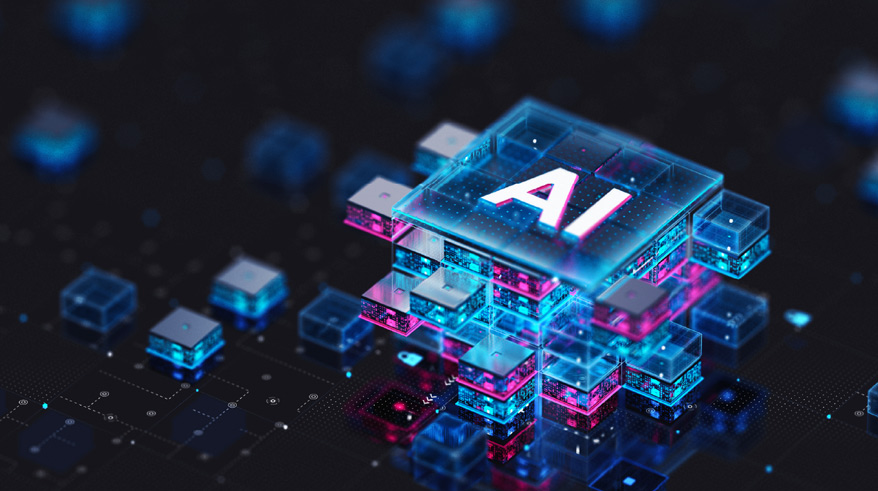How does Artificial Intelligence revolutionize? How will it improve your quality of life in 2024?
Have you ever imagined what your life would be like if robots and artificial intelligence were part of the medical team treating you at the hospital? Or if your telecommunications service provider could anticipate your needs and offer you a personalized and flawless experience? Well, stop imagining, because technology is advancing by leaps and bounds in the healthcare and telecommunications sector. Artificial intelligence (AI) is one of the most exciting technology trends that is transforming both sectors. In this article, we will explore how AI is changing the future of healthcare and telecommunications and how this could impact your life in the near future.

In the healthcare sector, AI is being used to improve the quality of medical care and reduce costs.
One of the most interesting applications has been the ability to analyze large amounts of medical data, allowing doctors to obtain valuable information about diseases and treatments. Another example is the use of AI in remote patient monitoring. Remote monitoring devices can transmit real-time data to physicians, allowing them to detect problems and make faster and more accurate decisions, optimizing the analysis of collected data and providing additional information to assist in decision-making by healthcare personnel.
AI in the telecommunications sector analyzes large amounts of user and behavioral data
This allows companies to offer personalized services to users, improve network security and prevent cyber-attacks.
Another example is the use of process automation. Telecommunications companies can use AI to automate repetitive tasks, which saves time and reduces costs so they can implement them in other developments. It also helps companies optimize their networks and predict failures before they occur, allowing them to perform preventive maintenance and reduce downtime.

AI is ushering in an exciting future in which healthcare and telecommunications services will be more personalized, more accurate and more efficient than ever before. From surgical robots to automated telecommunications networks, we are about to witness an epic transformation in these sectors thanks to technology.
On the other hand, artificial intelligence (AI) has also had a significant impact on the innovation of wearables. These wearable devices, equipped with sensors and enhanced by artificial intelligence, now offer intelligent analysis of the data collected, providing useful information on the user’s health and well-being in real time.
Wearables can now detect patterns and anomalies in health data
They provide early warnings about potential medical conditions and helping to prevent health problems before they become emergencies. For example, AI wearables can constantly monitor vital signs such as heart rate, blood pressure and physical activity level. This data is analyzed in real time and can be used to alert the wearer and healthcare professionals if irregularities or significant changes are detected.
Artificial intelligence finds greater personalization in wearables

Algorithms can tailor devices to the individual needs of each user, providing personalized recommendations and advice to improve sports performance, from exercise plans and personalized diets to medication reminders and sleep patterns.
The integration of AI into wearables has taken the ability to monitor and analyze data to a new level. Today there is more proactive and personalized healthcare, helping people to take preventative measures and manage their wellbeing more effectively.
As AI continues to advance, we are likely to see even more breakthroughs in wearable innovation, delivering even greater benefits and revolutionizing the healthcare, telecommunications and wearable sectors, offering transformative potential to improve people’s quality of life.







